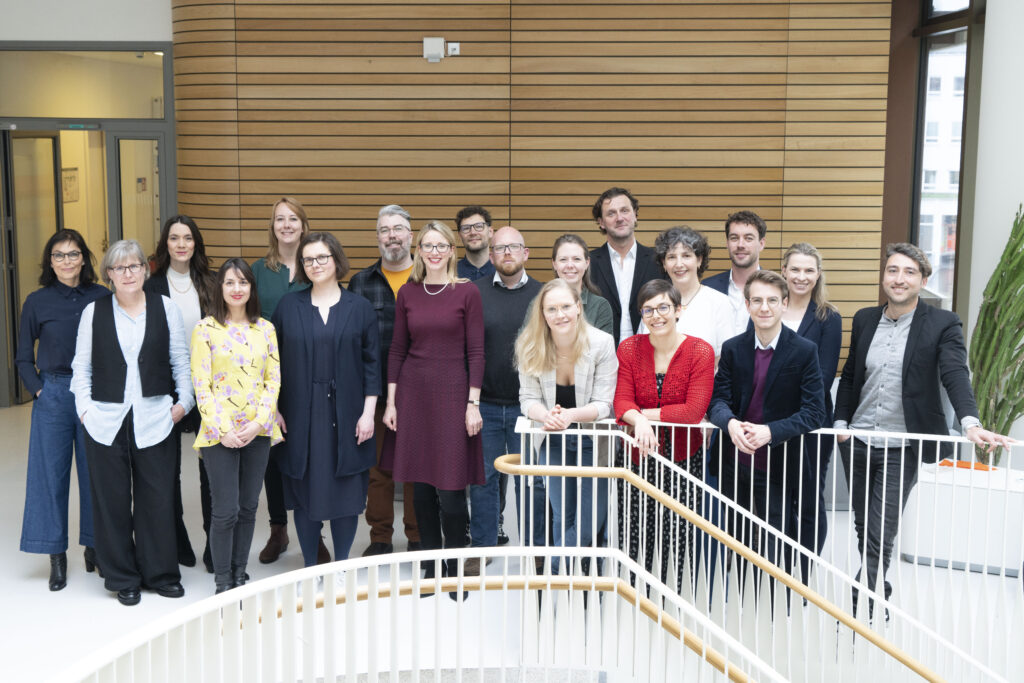Today's Institute for the History and Ethics of Medicine was founded in 1972 as the "Institute for the History of Medicine and Medical Sociology" within the Faculty of Medicine at the Technical University of Munich. Its employees deal in research and teaching with the ethical, theoretical and historical dimensions of medicine, such as:
- Is artificial intelligence suitable as a decision-making aid for doctors?
- Can robots be used in nursing care?
- What forms of solidarity can modern medicine build on?
- How can bio-databases be used for diagnostics?
- What traces did National Socialism leave behind in medicine?
These questions are only a small part of the diverse range of topics covered by the Institute for the History and Ethics of Medicine at the Technical University of Munich.



